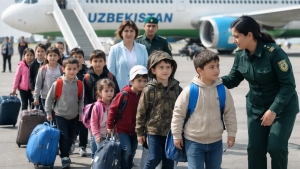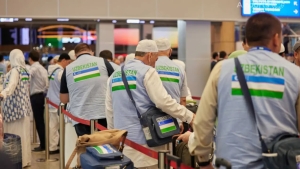The tutoring system will be introduced in higher education

The Cabinet of Ministers of Uzbekistan has adopted a new decision on organizing tutoring activities in higher education institutions. This was reported by Zamin.uz.
According to this decision, a system of individual work with students will be introduced at universities and institutes. Through the tutoring practice, students' adaptation to the educational process will be facilitated, and the mechanism for working with them personally will be improved.
The main tasks of tutors include helping students adapt more quickly to the educational environment, providing advice on the use of information technologies and resources, as well as organizing individual and group conversations with students. They introduce students to the university's internal rules, code of ethics, and other local documents.
In addition, tutors are responsible for educating young people in the spirit of patriotism, tolerance, respect for laws, confidence in life, and determination. Forming a healthy lifestyle is also one of their important directions, actively participating in organizing meaningful leisure time, promoting sports and physical activity.
Developing special solutions for students with disabilities, orphans, and youth in need of social protection is also the responsibility of tutors. Each tutor is assigned 120–150 students studying in 1st to 3rd courses.
Their living conditions and social status are constantly monitored, and regular communication with parents is established. A higher education degree is required to become a tutor, with preference given to those who hold an academic degree or title.
Candidates must possess pedagogical and psychological knowledge, experience in educational work, as well as personal qualities such as culture, activity, responsibility, and initiative. Special indicators (KPIs) will be introduced to measure the effectiveness of the new system.
This will allow the activities of each tutor to be evaluated based on clear results. According to officials, the tutoring system improves students' attitudes towards education, supports their personal development, and serves to strengthen the spiritual environment in higher education institutions (source: zamin.uz).







